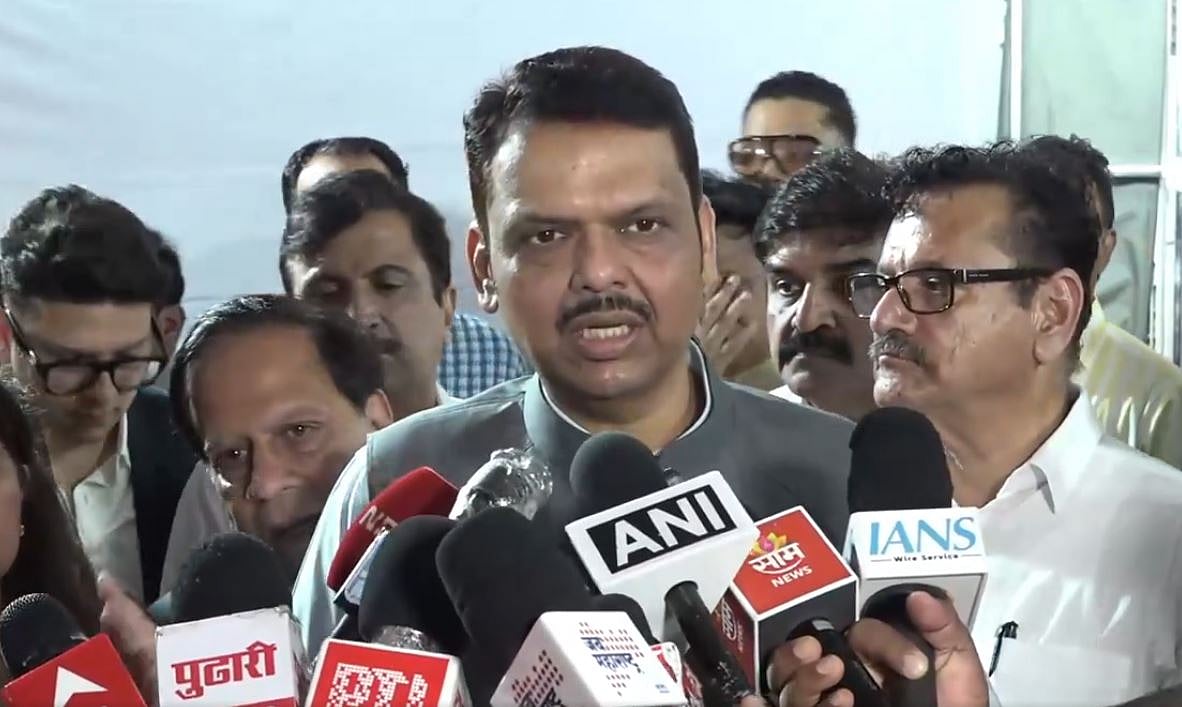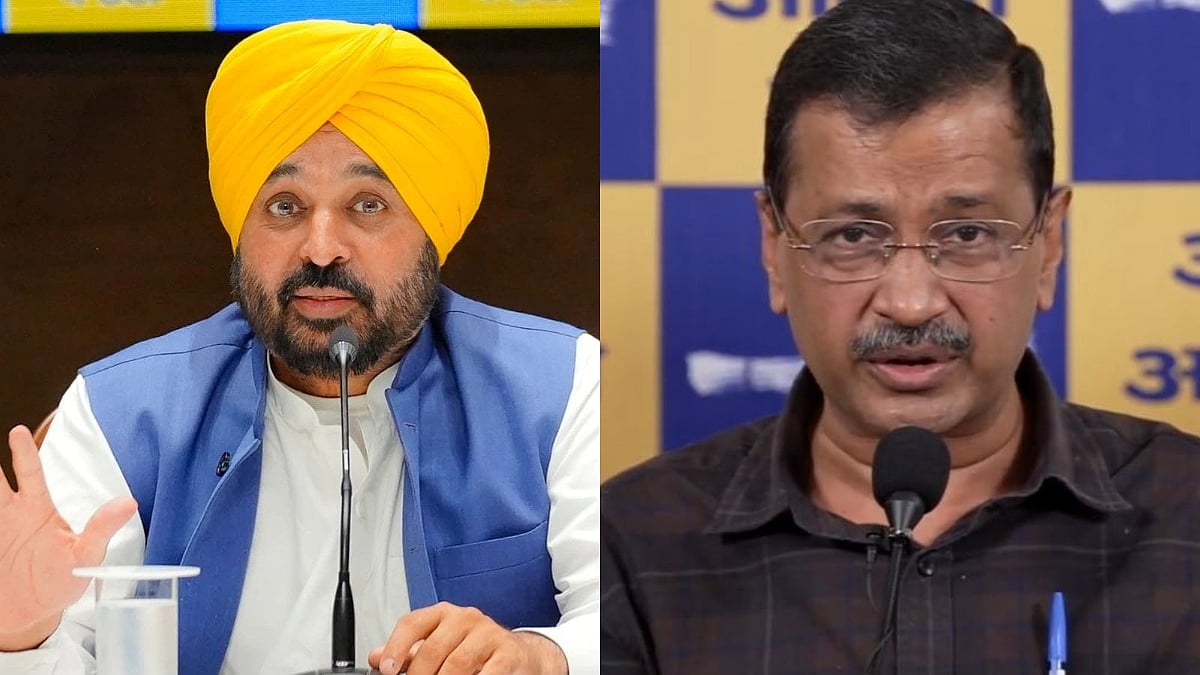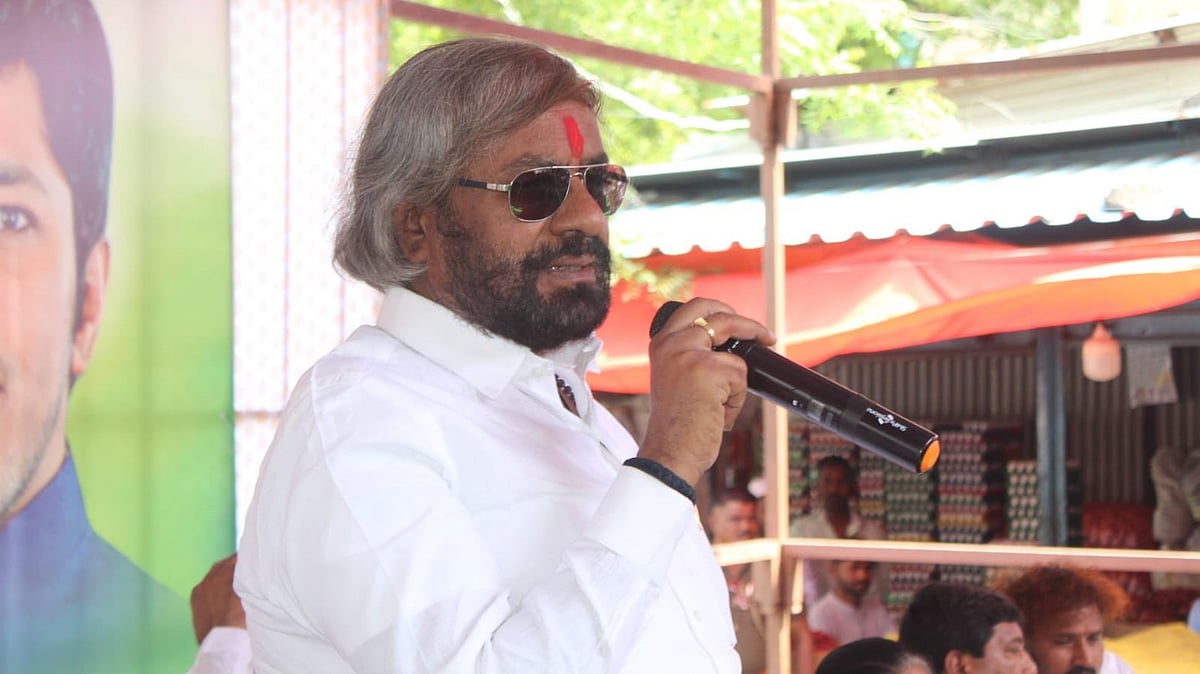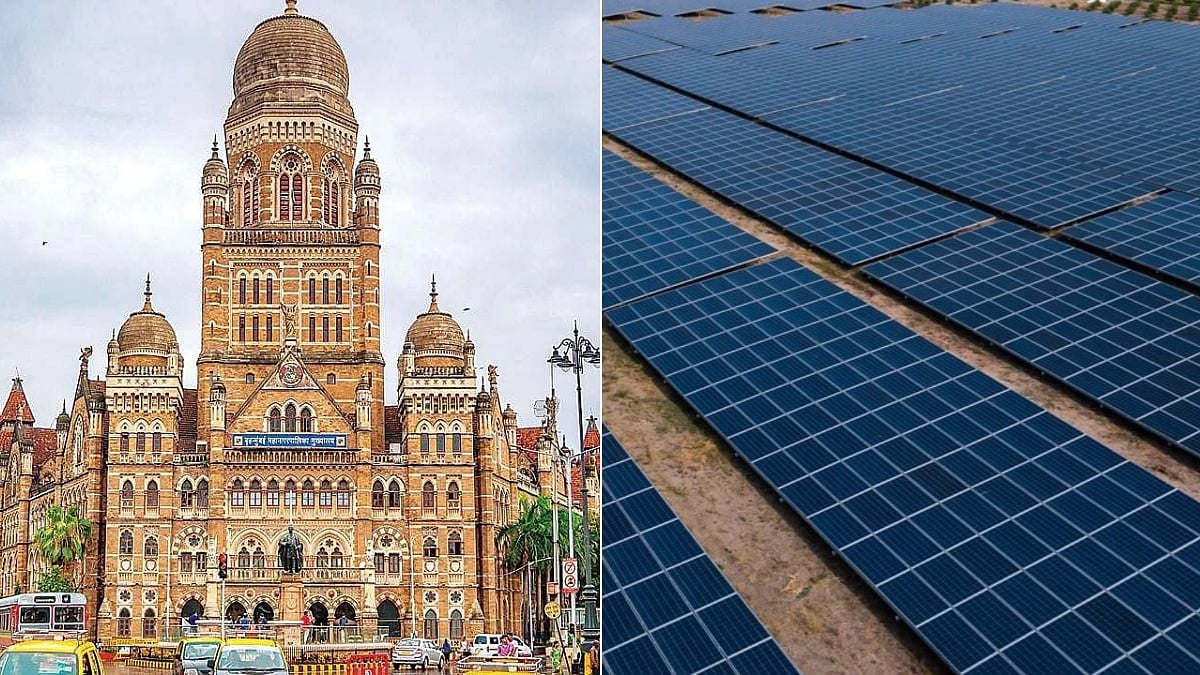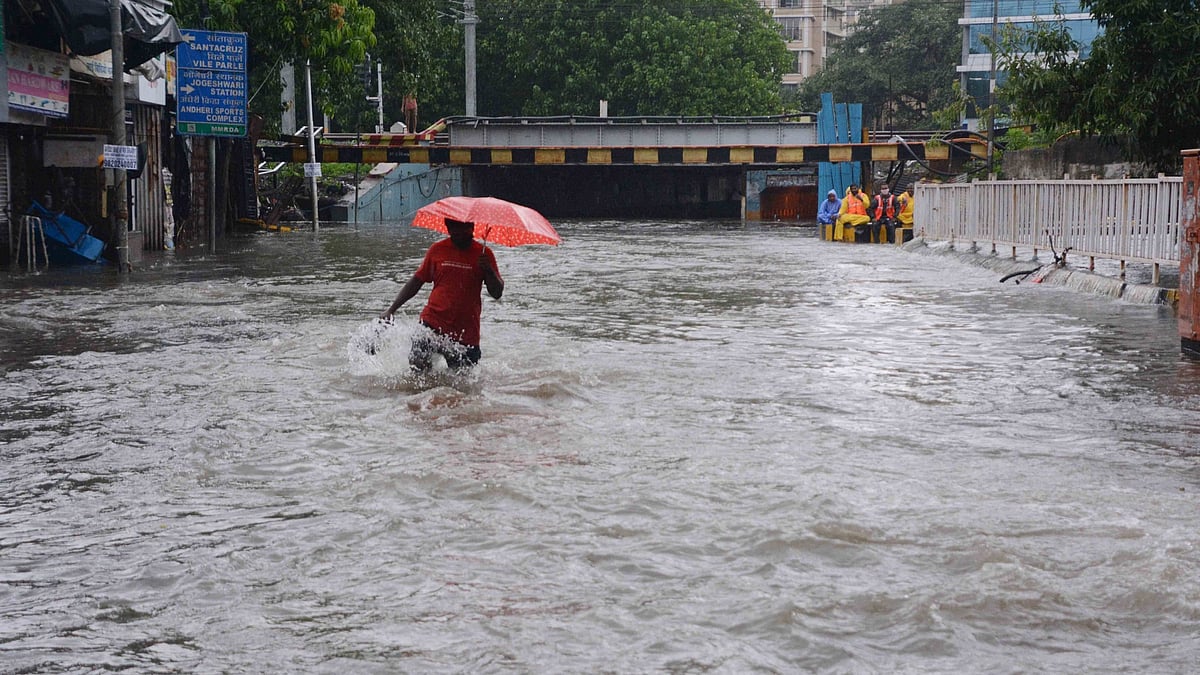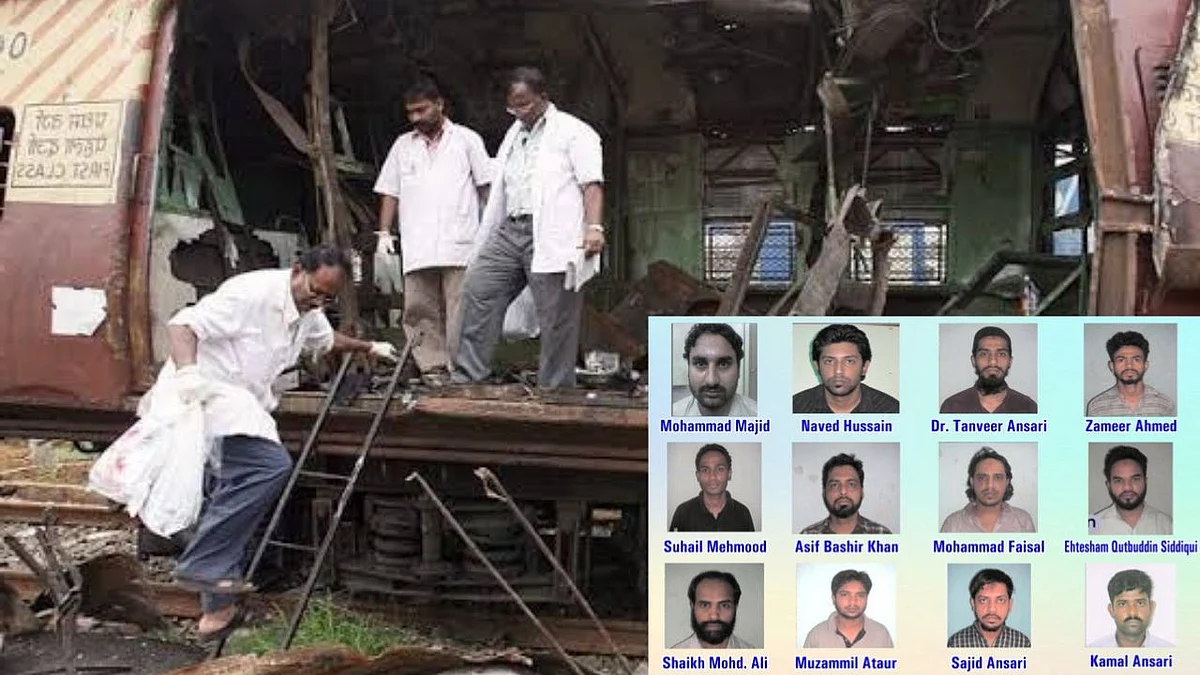Maharashtra Chief Minister Devendra Fadnavis expressed shock at the Bombay High Court's Monday verdict acquitting all 12 convicts in the 2006 Mumbai train bombings case (commonly referred to as the 7/11 attacks), stating the government would challenge the judgment in the Supreme Court.
"The verdict of the Bombay High Court is very shocking, and we will challenge it in the Supreme Court," the Chief Minister said.
Court Overturns 2015 Convictions
In a major setback for the Maharashtra government, the Bombay High Court acquitted all 12 defendants, ruling that the prosecution had "utterly failed" to prove its case. The court observed it was "hard to believe they committed the crime."
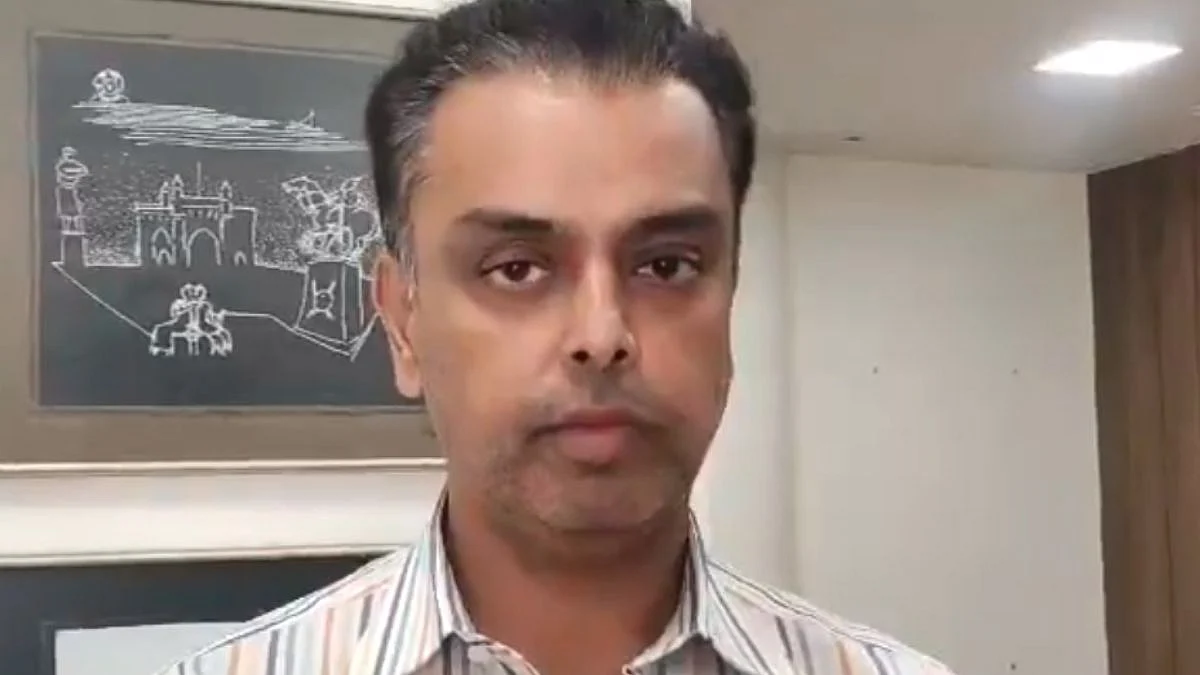
The prosecution had alleged the accused belonged to the banned Students' Islamic Movement of India (SIMI). The High Court overturned the 2015 verdict by a special MCOCA court that had sentenced five individuals to death and seven to life imprisonment. One accused died in prison in 2022 while the appeal was pending; the court ruled the acquittal applied posthumously.
Evidence Deemed Insufficient
The 671-page judgment stated: "The prosecution has utterly failed to establish the offence beyond reasonable doubt... It is unsafe to conclude the appellants committed these offences." The court dismissed the prosecution's evidence as inconclusive, finding witness statements and alleged recoveries had "no evidentiary value."
Background of the 2006 Attacks
Seven coordinated bomb explosions struck Mumbai's local trains during evening rush hour on 11 July 2006, killing 189 people and injuring over 800 within an 11-minute period.
Under law, death sentences require High Court confirmation before execution. The Maharashtra government sought this confirmation in 2015, while the convicted individuals appealed. One of the accused died of COVID-19 complications in 2021.
In July 2024, the High Court constituted a special bench led by Justice Kilor, which conducted regular hearings for six months before reserving judgment five months before to Monday's ruling.
